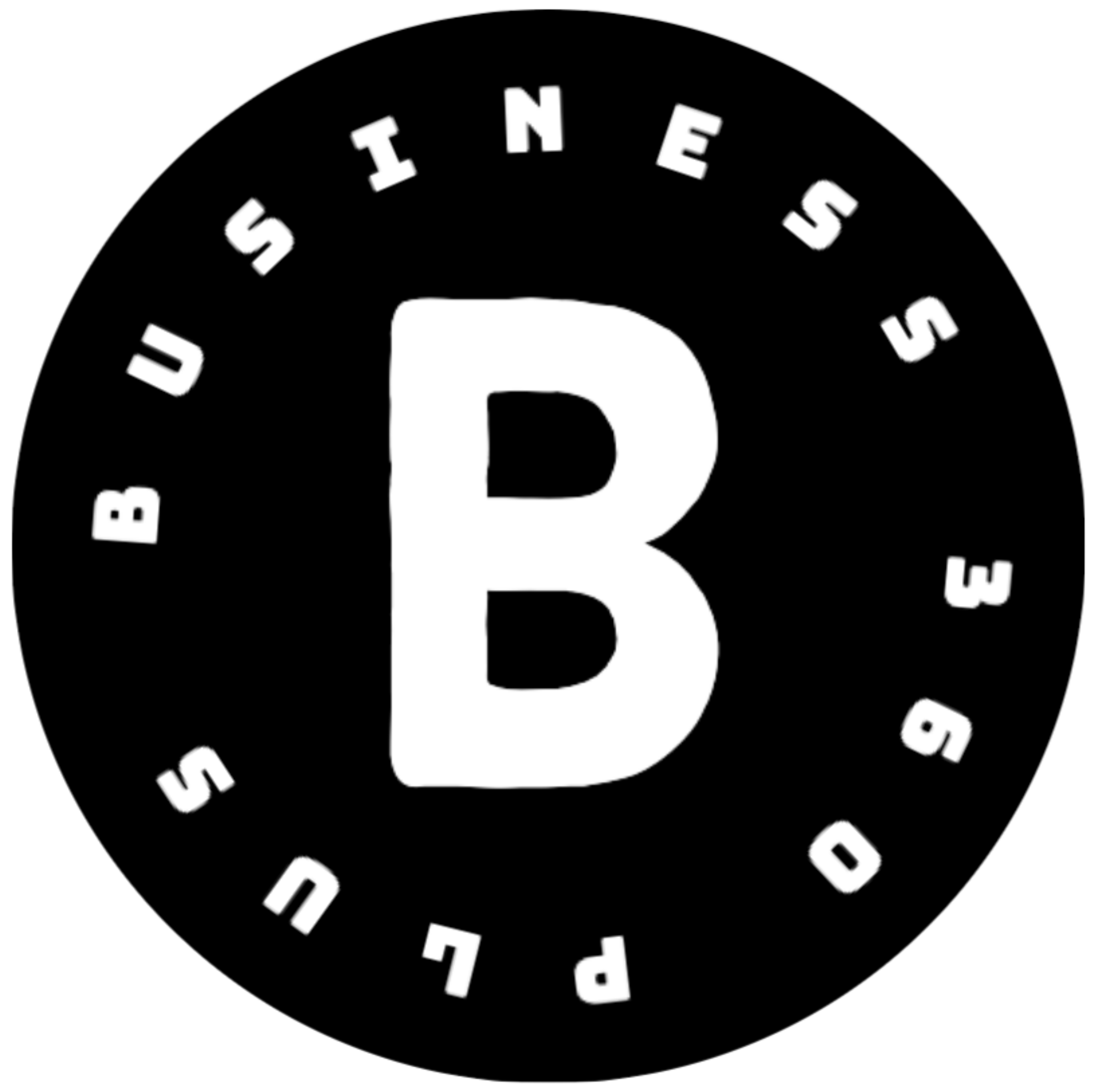Whether you like it or not, our brand and business are inevitably tied. If you master your brand, it will always serve as a driving force for your business.
What Is a Personal Brand?
You are your brand. In the same way, as a company’s brand is comprised of its registered name, logo, tagline, goal statement, feature, product, and voice, your brand is made up of:
Name
Image
Statement of personal branding
distinctive value proposition
Providing (goods/services)
Personality
Audience
A personal brand consists of much more than just observable traits. It consists of the emotions, ideas, and perceptions connected to you. When you develop your brand, your goal should be to ensure that others perceive you the way you want them to. Being the finest version of yourself is not enough to do it. It takes intentionality to develop a personal brand that your target market can identify with and trust.
Benefits of Personal Branding
There are many things to manage, including starting a business, obtaining finance, managing personal obligations, and possibly working a full-time job.
Here Are The Benefits Of Personal Branding
1. Build an Audience: By developing your brand, you can learn about new products and company concepts before launching them. The power of personal branding is in launching a firm that has already attracted thousands of potential customers.
2. Verify Your Company: It takes time for newly founded companies to gain recognition and trust. You gain a head start on this validation if your brand is already reputable and well-known.
3. Increase Your Career: You want your name to be associated with your company if it succeeds. Who created Facebook? You don’t need to know, we say. Who created Pinterest? It would be best if you indeed googled it.
4. Do More Good: Influencers are trusted by 92% of customers more than traditional celebrity endorsements or marketing. Your personal voice can affect your audience more than your company’s voice.
5. Making More Cash: Put two comparable products side by side, with one having a CEO you like and the other having a CEO you despise. Which vendor will you use? That is how your brand affects the bottom line of your company.
Tips for Building a Personal Brand
1. Identify Your Ideal Self
Start with who you want to be first. Set goals for who you want to become, not who you are, and disregard your high school experience, cliques, and a college degree.
Now is a great moment for you to decide what your branding objective is. What motivates you to devote the time and energy to developing a particularly personal brand?
Although there is no right or incorrect response, understanding your intentions will help you answer the following questions.
Finding your branding role models is also a great idea right now. What personal brands do you aspire to and admire?
Following the triumphs and averting the failures of people who have gone before you will help you succeed faster as you develop your distinctive personal brand.
2. Discover Your Special Value Proposition
I’ve included an explanation of your distinctive contribution to the table, which is provided by your unique value proposition (UVP).
Why should anybody purchase your goods?
Consider your unique qualities and how you may capitalize on them to help others. Don’t give up if you have trouble coming up with a UVP; it isn’t easy.
3. Establish Your Market
It would be best if you didn’t attempt to be everything to everyone because you can’t.
Consider who your UVP would best serve. This will help you start to define your target market.
4. Personalize your brand by writing a statement
Your branding statement is a brief (1 or 2 phrases) summary of who you are, what you do distinctively, and who you serve.
Also read – https://business360plus.com/2022/11/12/solopreneur-business-ideas/

